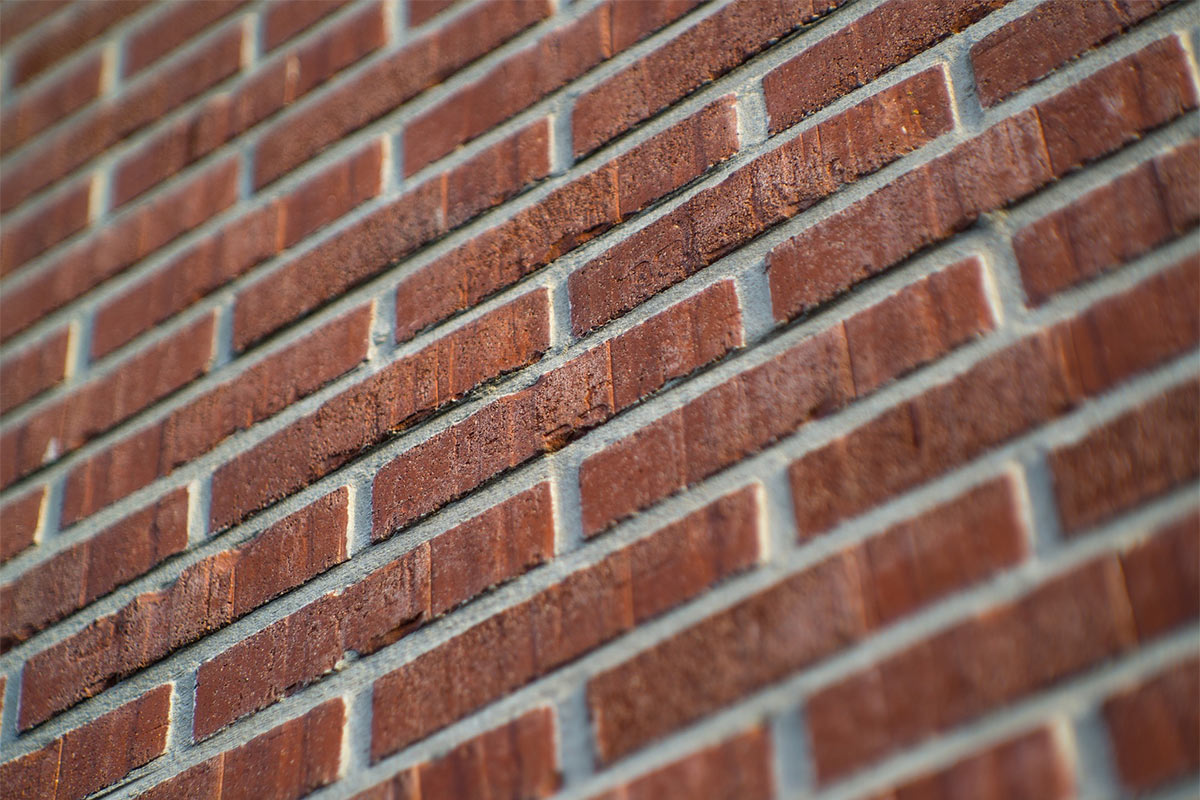
What are the common problems with cavity wall insulation?
Cavity wall insulation is seen as a good thing, generally. Some homeowners may find they can improve their home’s insulation by having expanding foam injected into the space between the inner and outer walls of the building. This then expands and fills the gap, increasing the heat retaining properties of the house and potentially reducing heating bills. Despite the fact that it is not an entirely sound scientific principle, having cavity wall insulation installed has been a popular and relatively cheap home improvement for many homeowners in the last few years.
However, as with all initiatives there are always those who are in the market to take advantage of it. Preying on the popularity of saving money on heating bills, they offer cavity wall insulation services, but the results can cause more problems than they solve.
Damp and condensation
Properly installed cavity wall insulation should help retain heat and lower heating bills. Badly installed or sub-standard insulation can result in the home suffering problems with damp which were not an issue prior to installation. Some properties, particularly those on coasts or where rain and wind is a regular occurrence, should not have cavity wall insulation installed. The thermal insulation properties of the house can also be affected, as cavity wall insulation negates the effectiveness of the vapour barrier fitted to the outside of the inner wall.
Mis-selling by cold-calling doorstep sales staff
Sales staff claim that the installation of cavity wall insulation is Government backed. In fact, the installation is generally funded by one of the energy suppliers. A number of these initiatives were promoted by the somewhat discredited method of door-to-door sales, and although installation came with a 25 year guarantee from the Cavity Insulation Guarantee Agency, these are not Government backed either. Theagency maintains it is an independent body but as it was set up by the insulation industry, this is unlikely.
Promised reduction in bills does not materialise
Some customers have apparently found that having cavity wall insulation installed has made no difference to their heating bill costs. If the insulation itself is damp, that can in fact have the opposite effect, leading to heat loss from the house rather than heat retention. This may be down to incorrect installation, or it may be that the house location is prone to wind driven rain, which can certainly find its way through even the best made brick walls.
Health issues
As well as damp in their home, customers have also become unwell themselves due to the increased moisture levels. Asthma and respiratory issues have been reported by some, while stomach upsets can be caused by exposure to bacteria growing on surfaces thanks to the raised humidity in the house.
Cavity wall insulation may seem like a good idea. But it is advisable for potential customers to conduct extensive research before opting for this particular home ‘improvement’. In many cases, it seems to cause more problems than it solves.
So if you have been victim to any of the above then you should consider making a claim as that is now an easy and popular option.

